I am trying to convert my datetime that is in local timezone into UTC date time.
Date localDate; // this is local date
SimpleDateFormat simpleDateFormat = new SimpleDateFormat("yyyy-MM-dd'T'HH:mm:ssZZZZZ") ;
simpleDateFormat.setTimeZone(TimeZone.getTimeZone("UTC"));
String dateStr = simpleDateFormat.format(localDate);
i am getting proper converted UTC time in dateStr now i want to convert it into Date object with UTC timezone only
but the moment i do that i am again getting the localDate.
//converting string to date object
simpleDateFormat.parse(dateStr)
does anyone know how can i convert local date object to UTC date object
here is the value i am getting while debugging
here dateStr is showing proper date in UTC but utcDate object is showing the local time
